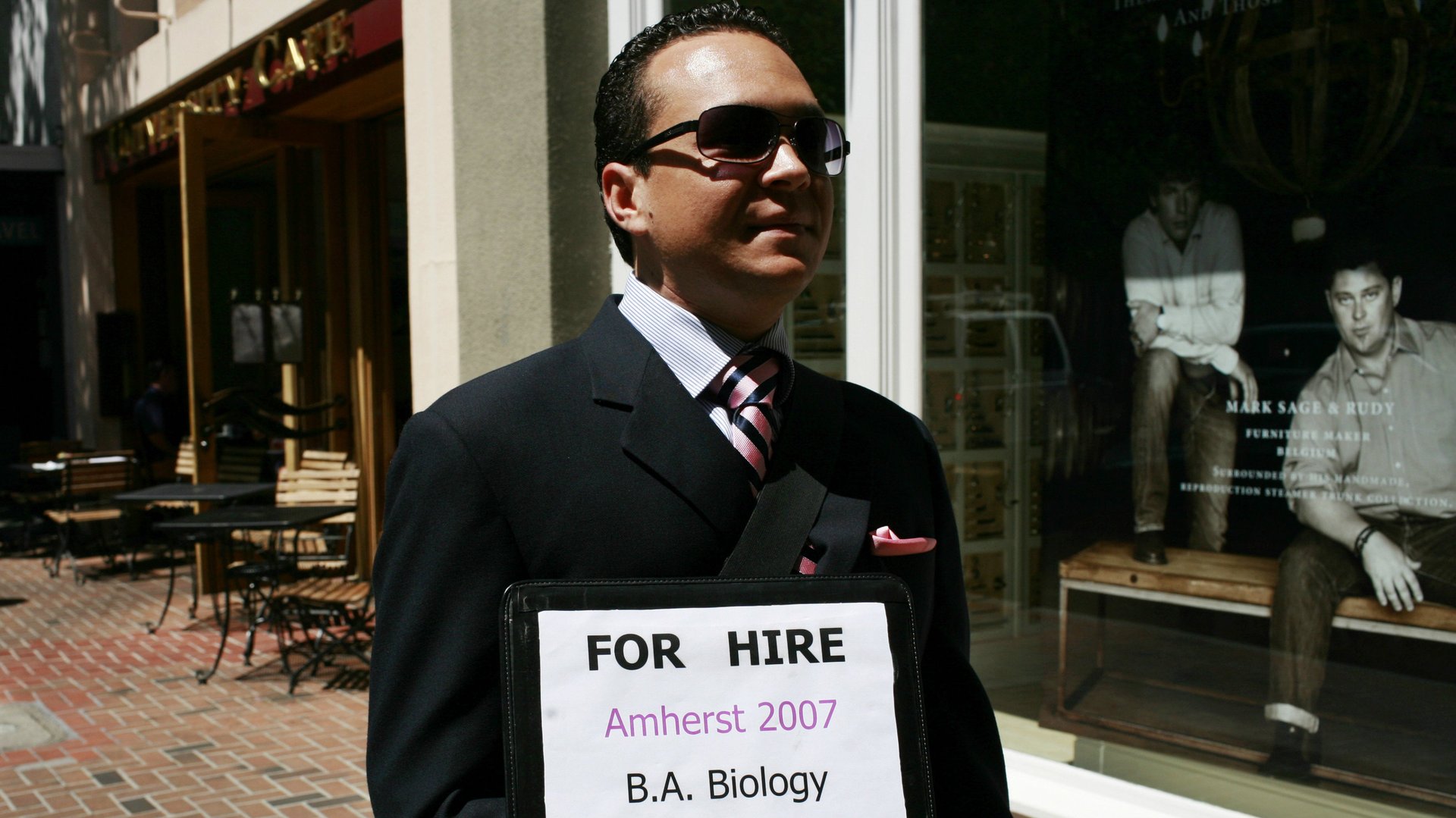You don’t have to pay your dues to be successful
I’ve always been fascinated with people who become super successful at an early age. Not just millionaires and billionaires—I’m talking people who figured it all out while others are still trying to “get their lives together.” I’m fascinated by people who jump out of bed every morning, looking forward to going to work—people who seem to have “skipped the line” in their careers without paying dues like everyone else.


I’ve always been fascinated with people who become super successful at an early age. Not just millionaires and billionaires—I’m talking people who figured it all out while others are still trying to “get their lives together.” I’m fascinated by people who jump out of bed every morning, looking forward to going to work—people who seem to have “skipped the line” in their careers without paying dues like everyone else.
Some say that these people just got lucky. But the truth is, there are a few things they know that the rest of us are still trying to learn.
Today, I’m going to share some of those ideas with you.
1. You don’t have to pay your dues
As Daniel DiPazza said, “You don’t have to go through point B to get from A to C anymore.”
When we graduate school, many of us just take whatever job we can get. We might do the whole “resume blasting” thing and try to get a job that’s kind of interesting, or sort of related to what we studied. And from there we can work our way up.
But in reality, with the right approach, you can shortcut your way to your dream job. Francine Lee did a write-up where she redesigned Dropbox’s photos feature, and ended up getting a job there.

Nina Mufleh got tons of interviews after her Nina4Airbnb site went viral.

“Years of experience” is just a proxy for the value that you can bring.
If you can do the job before you get the job, and prove that you can bring value to the table, then you can shortcut your way to the top—without having to blast out a thousand resumes.
2. Don’t be realistic—alter your reality instead
Your reality is based on your perception. And your perception is a function of what you’ve been exposed to. You can alter your reality by exposing yourself to more experiences.
A kid from a poor family might think it’s unrealistic to get a job a company like Microsoft because he hasn’t seen anyone do it. A girl from a middle class family might think it’s unrealistic to build a million-dollar business because she hasn’t seen anyone do it. A millionaire might think it’s unrealistic to be a billionaire because he hasn’t seen anyone in his life do it.
If you don’t know what it takes to get to the place you want to go, than that dream remains unrealistic for you. But you can alter that reality by taking time to understand what goes into those dreams.
Read books. Listen to podcasts. Consume as much information as you can from the people you admire. Surround yourself with the people you want to be like.
You’ll eventually start to think like them. And eventually, their reality will be yours.
3. Pick a mentor over higher pay
All of us in our 20s are basically competing to see who can impress other people the fastest. And usually that means working at some company that people have heard of, or making good money.
It’s tougher to get people to respect you based on the trajectory that you’re on. But in reality, that’s the only thing that matters. As Jeff Bezos said:
I always tell people, if we have a good quarter it’s because of the work we did three, four, and five years ago. It’s not because we did a good job this quarter.
The thing applies in your life.
Life is long. Getting an extra $10,000 or $20,000 a year isn’t going to matter much in 10 years. But the lessons you learn from the right mentor will.
4. There is no “passion” for you to find
We’ve been taught for our whole lives that if we just think hard enough, if we just deliberate long enough, if we just do enough “soul searching,” then we’ll find our passion—and everything else will become clear. But that’s just not true.
I had so many different interests early on: I liked to write, read, research, create things, make things more efficient, and solve problems—just to name a few. What job would tie all of those in? Law? Medicine? Lab research? Computer programming? Marketing?
But what if I chose marketing, realized I hated it, and wanted to do something totally different later? Ugh. It was all so confusing.
Many of us find ourselves in this position at some point, and we procrastinate on choosing a direction because we’re afraid of picking the wrong one.
The truth is, there is no “right” or “wrong” decision. Pick something that sounds interesting to you and get good at it. Then, you’ll become passionate.
5. Successful people are more risk averse than you think
The media seems to make people look like “overnight successes,” so we tend to think that they take big risks—that they simply “make the leap” and hope it works out.
The truth is, successful people are actually pretty risk averse. They test everything on a “micro-level,” and only make big decisions when they can practically guarantee that it’ll work out. But it isn’t sexy to show what they do behind the scenes, so no one sees it.
Don’t take too many risks. Find the most practical way to get to where you want to go.
That’s how you get ahead of everyone else.
This post originally appeared at Medium.